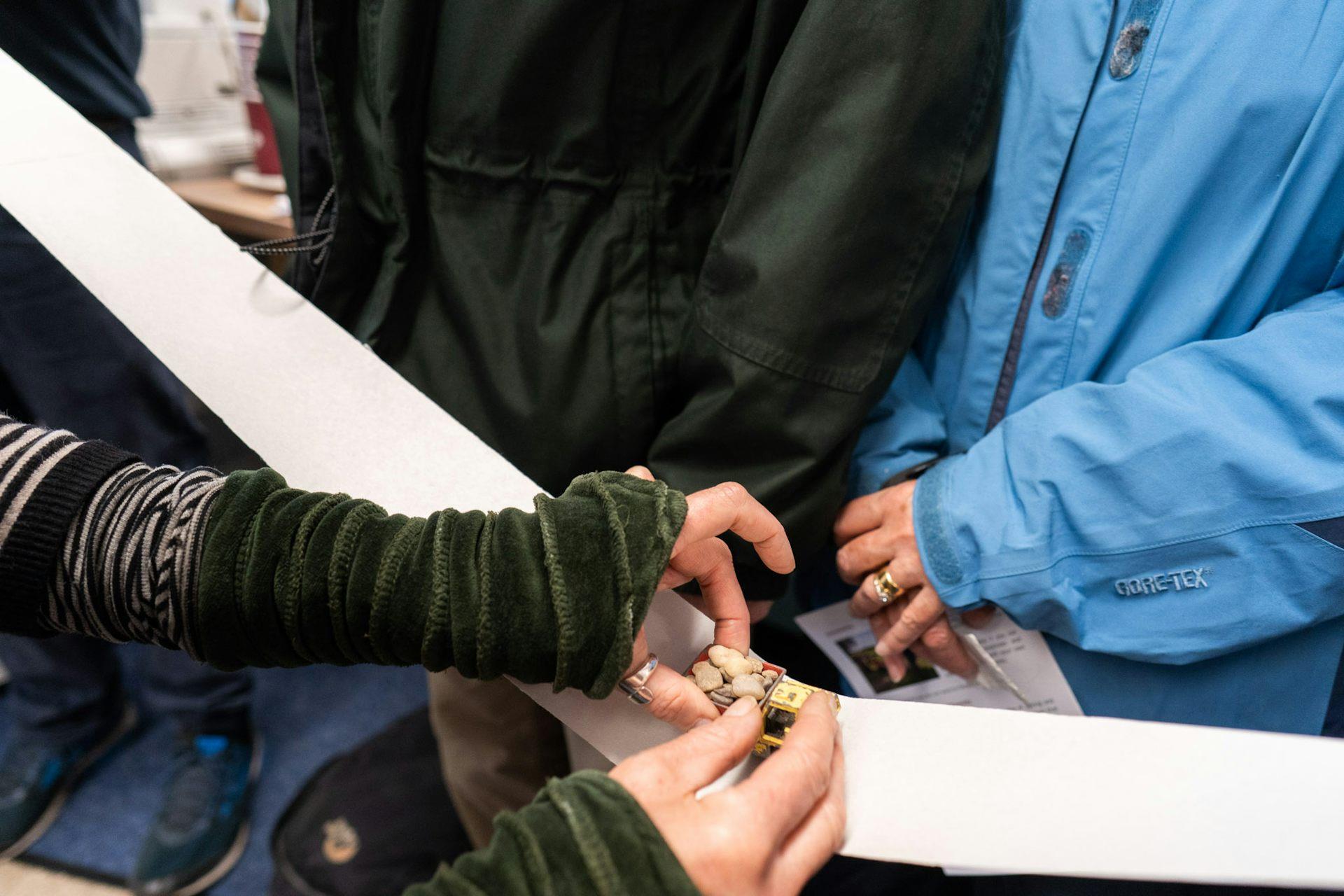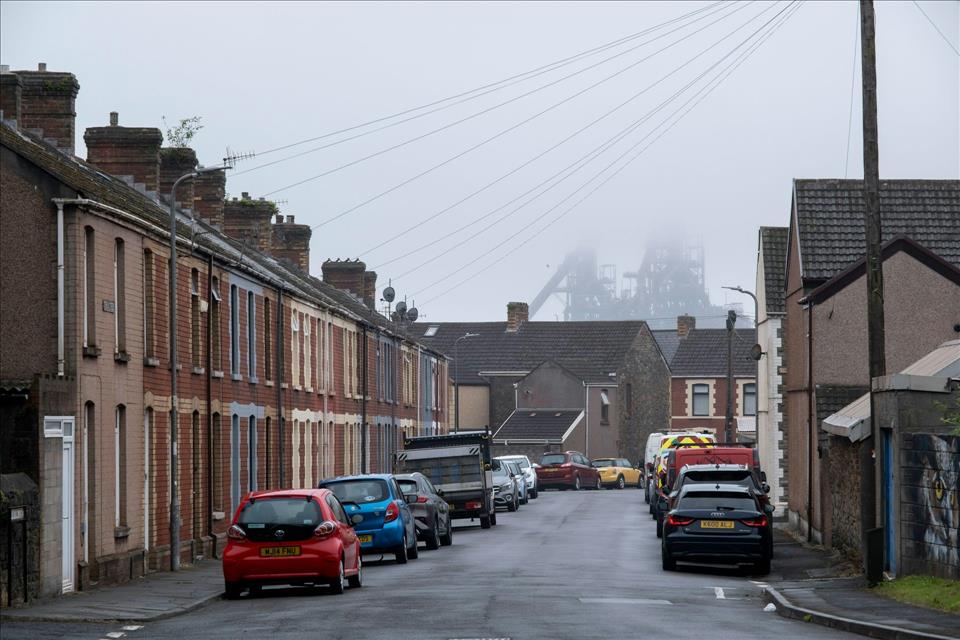
Attachment To Our Home Town Runs Deep So What Happens When It Faces Dramatic Change?
Such emotional reactions are not just nostalgia or sentimentality. They're a powerful example of what researchers call “place attachment” , the deep, often unspoken bonds we form with the places that shape our lives.
My own research has explored how people in Newport formed emotional attachments to the former Llanwern steelworks from when it was built in the 1960s.
We develop attachment to the places where we grow up, live, work and socialise. They could be your childhood street, the corner shop where you bought sweets, or the estate where you raised your children. These places hold memories, routines and milestones.
But our attachments aren't just personal. As we age, they can become shared and tied to a town, a city, or a region. In south Wales, where industries like coal and steel once shaped generations, those attachments are often linked to pride, identity and social connection.
Sometimes, they're hopeful, but other times they carry a sense of loss.
An uncertain futureIn September 2024, the giant blast furnaces in Port Talbot were shut down , marking the end of traditional steelmaking in the town. A new, greener arc furnace is being built in its place, but the transition has brought fear and uncertainty. Will the next generation have jobs here? Will the town still feel like the place people knew?
Even before the closure, Cardiff University researchers described a“lingering sense of indignity and insecurity left by recent history” in the area. The emotional bonds people have with Port Talbot aren't just rooted in the past; they're being tested by what the future promises – or fails to.
To understand how people form and carry place attachments over time, I carried out research in Newport in 2019, nearly 50 miles east of Port Talbot. In 1962, a vast steelworks opened in Llanwern, just outside the city. Thousands of people moved there for work, and entire neighbourhoods were built around the promise of a better life. The plant remained a major employer for nearly 40 years, before most of it closed in 2001.
I wanted to understand how people who had lived through that era remembered it and how their feelings about the area had changed over time. Instead of conducting conventional interviews, I walked with residents through their neighbourhoods. We revisited places from the 1960s and 1970s, letting memories rise to the surface.
Read more: Walking is a state of mind – it can teach you so much about where you are
To share public feelings, I curated two events in the community that also included guided walking tours. An important component was public performances that brought people's stories to life, made by artist Marega Palser .
The walks and events revealed powerful stories.
A man remembered the feeling of something being taken away as habitats were destroyed to make way for houses. Another described the thrill of buying a first home near the steelworks, when“everything seemed possible”. One woman pointed out the exact spot where a car once crashed into her garden.

Artist Marega Palser creates a paper roadway with toy lorry to depict Llanwern steelworks opening in the 1960s. Jo Hayock, CC BY-NC
One participant recalled how, in the early 1970s,“people were almost fulfilling their dreams: home ownership ... people getting access to cars, things like tellies”. Others remembered the chaos caused by shale lorries rumbling through the nearby town of Caerleon in the 1960s, delivering material for the foundations of the steelworks.
For many, the steel industry hadn't just shaped their town, it had shaped their life story. But these stories weren't only about loss. They were also about pride, belonging and everyday joys.
Why these stories matterPlace attachment helps explain why people feel so strongly when things change. It's why the closure of a factory, the demolition of a housing estate, or the decline of a high street can hit so hard. It's not just about jobs or buildings but identity, memory and meaning.
In Port Talbot, these feelings are still raw. The town's future is being recast by government policy, corporate decisions and global economics. But the emotional landscape mustn't be overlooked. Understanding how people feel about a place can help us listen more carefully to what's at stake when that place changes.
In Newport, where the industrial decline came earlier, the picture is more mixed. The city's population is growing , and employment levels are above the national average. Today, people may form attachments through the independent music scene, or events connected to the city's radical history, such as the Newport Rising festival.
These newer narratives matter just as much. Without them, older identities can become frozen in time, and communities may find it harder to imagine a different future.
Of course, our homes and neighbourhoods will always matter. But we also carry bigger attachments, to towns and cities, to shared pasts and imagined futures. Understanding those attachments means looking beyond headlines about economic loss or regeneration. It means listening to what people remember, what they still cherish and what they fear losing.
As Port Talbot's steelworks are greatly reshaped and Newport continues to evolve, one thing is clear – we don't just live in places. We feel them too.

Legal Disclaimer:
MENAFN provides the
information “as is” without warranty of any kind. We do not accept
any responsibility or liability for the accuracy, content, images,
videos, licenses, completeness, legality, or reliability of the information
contained in this article. If you have any complaints or copyright
issues related to this article, kindly contact the provider above.


















Comments
No comment